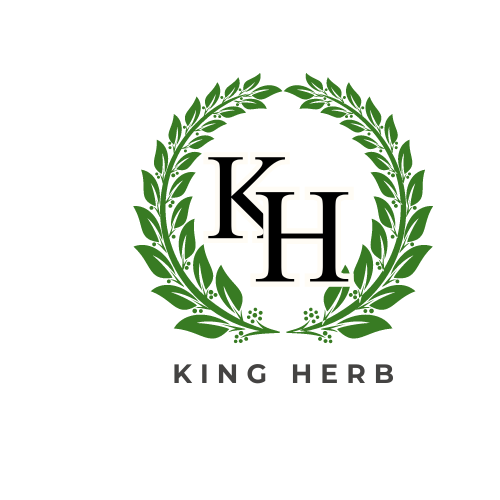الإخناسيا Echinacea
Echinacea is a plant known for its distinctive medicinal properties, and it has gained widespread popularity in many cultures due to its health benefits. This plant is recognized for its beautiful and unique flowers, which feature a wooden structure and a shape resembling rays around the center of the flower. Echinacea is distinguished by its bitter taste and numerous health benefits, and it has been used for medicinal purposes since ancient times.
Classification and Botanical Family
Echinacea belongs to the Asteraceae family and includes several species, such as:
Echinacea purpurea (Purple Coneflower): This is the most common species.
Echinacea angustifolia (Narrow-leaf Coneflower).
Echinacea pallida (Pale Coneflower).
The aerial parts of this plant (such as flowers and leaves) as well as the roots contain the active compounds used in medicinal applications.
Type: dried
Benefits:
Echinacea has many medicinal benefits that have made it a popular ingredient in alternative medicine and herbal remedies. Some of its key benefits include:
Boosting the Immune System
One of the most well-known uses of Echinacea is for boosting the immune system. Researchers believe that Echinacea can help increase the production of white blood cells, which are a vital part of the immune system, thereby aiding in the fight against infections and diseases.
Relieving Cold and Flu Symptoms
Echinacea has been widely studied as a supplementary treatment for colds and flu. Some studies suggest that taking Echinacea extract may reduce the severity and duration of illness, particularly when taken at the onset of symptoms.
Antibacterial and Antifungal Properties
Echinacea contains compounds that may help fight certain types of bacteria and fungi. It is sometimes used to treat wounds and skin ulcers as a natural antiseptic, promoting faster healing of the skin.
Anti-inflammatory Effects
Echinacea contains anti-inflammatory compounds, making it useful in treating conditions involving inflammation, such as sore throats and joint pain.
Respiratory Health
Echinacea is sometimes used to alleviate symptoms of cough, bronchitis, and other respiratory conditions due to its soothing effects on the mucous membranes in the respiratory system.
Uses:
Echinacea is used in several forms in alternative medicine:
Tea: Echinacea tea can be prepared by boiling its dried leaves or flowers.
Liquid Extracts: Liquid Echinacea extracts can be used for various health conditions.
Dietary Supplements: Echinacea is available in capsule and tablet forms.
Topical Ointments or Creams: These products are used to treat skin inflammations and wounds.
Research and Studies
Despite its known health benefits, there is some debate about the efficacy of Echinacea in all medical fields. Numerous research studies have been conducted to test Echinacea’s effects on various diseases, but the results have been mixed. Some studies support its immune-boosting effects, while others show inconsistent results in reducing the duration of colds.
Side Effects and Precautions
Although Echinacea has many health benefits, it may cause side effects in some individuals, especially if used incorrectly or for long periods. Some people may experience allergic reactions, particularly those who are sensitive to plants in the Asteraceae family.
People with autoimmune diseases or those taking medications that affect the immune system should consult a healthcare provider before using Echinacea.
Export Details to All Parts of the World:
Weight: As per customer request.
Container: 40-foot container.
Weight and Packaging: Automated.
Packing: Bags or cartons.
Payment Methods: Bank transfer.
Origin: Egypt.

